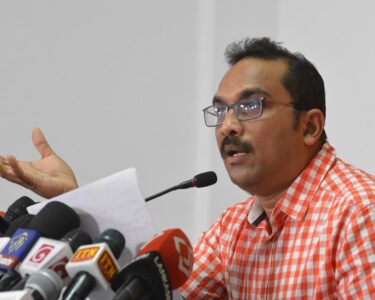The governance diagnostic assessment conducted by the Sri Lankan public in response to the IMF’s Governance Diagnostic Assessment is certainly an eye-opener. The IMF report criticized the governance performance in Sri Lanka, emphasizing the need for changes in both governance and economic policies. The article presents a micro-level assessment based on data collected from 25,040 households, revealing public perceptions on various aspects of governance.
According to the assessment, there is a paradoxical sentiment among Sri Lankans. While they believe that government officials are competent and protective during external shocks, there is a prevailing perception that these officials struggle to understand the everyday challenges faced by ordinary people. The public perceives the public service as largely inefficient, treating different social groups unequally, and inadequately addressing citizens’ legitimate grievances.
The public perceives the public service as largely inefficient. They feel that it fails to effectively reach those in need, treats different social groups unequally, and inadequately addresses the legitimate grievances of citizens. Only five percent of the respondents said that government officials are highly competent in carrying out their tasks.
Overall, the study suggests that the scientific and objective assessment of the public sector and governance in Sri Lanka is considered unsatisfactory by the public. There is a lack of satisfaction with public services, and major institutions like parliament and political parties are not trusted. The study article implies the need for a well-thought-out and planned system change, as demanded by recent events, to address the governance challenges in Sri Lanka.
Link to detailed article:https://groundviews.org/2023/11/09/a-governance-diagnostic-by-the-sri-lankan-public/







